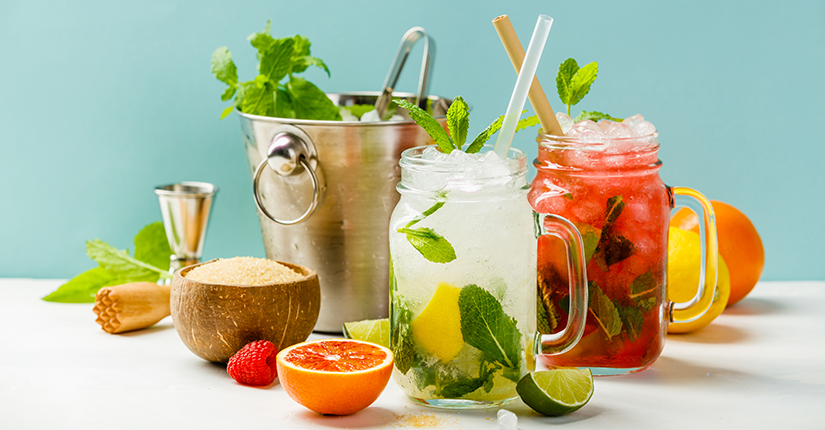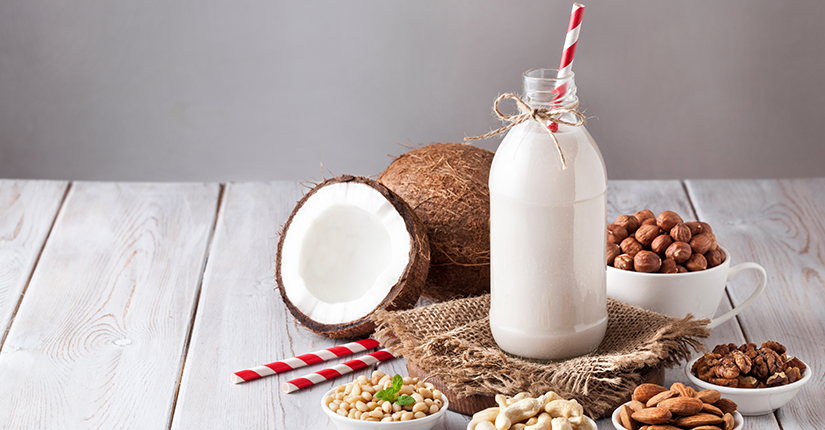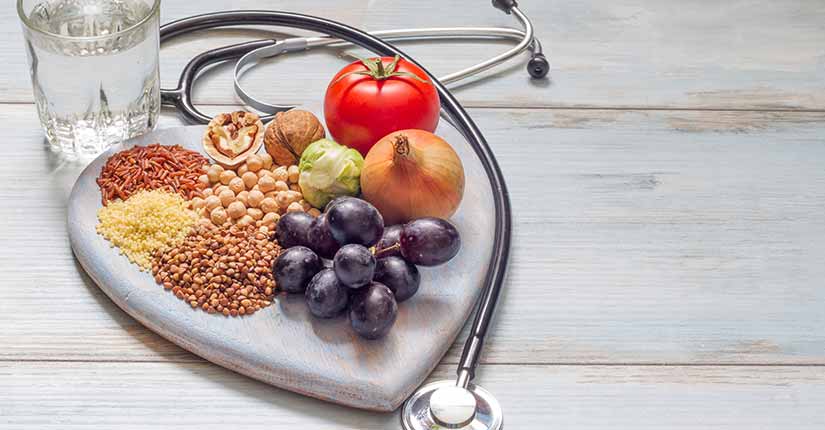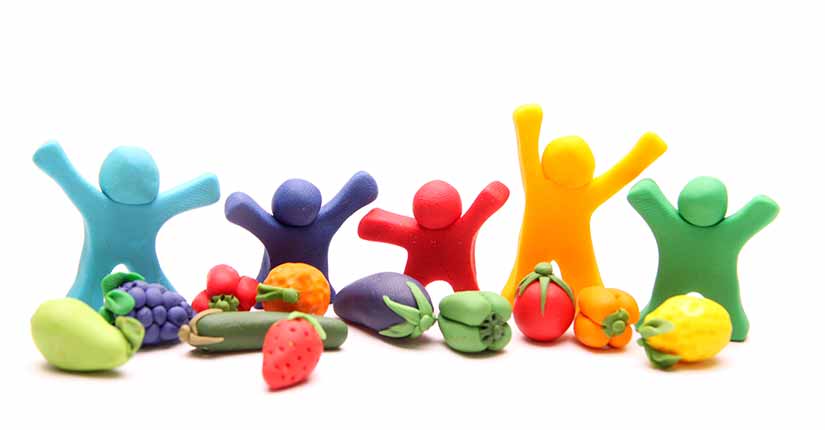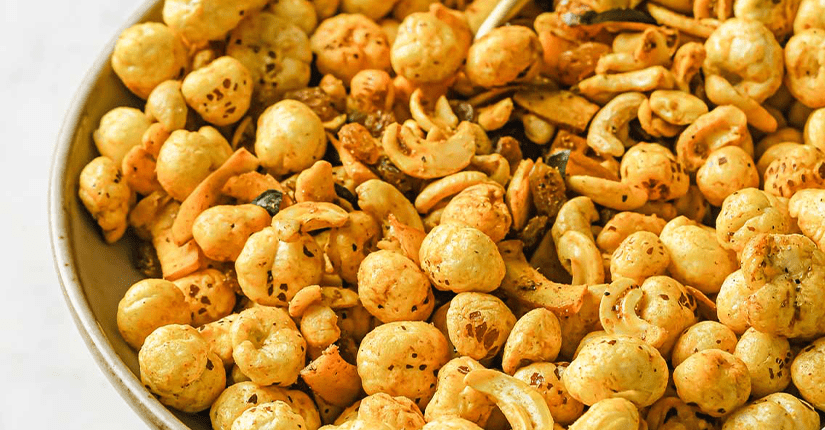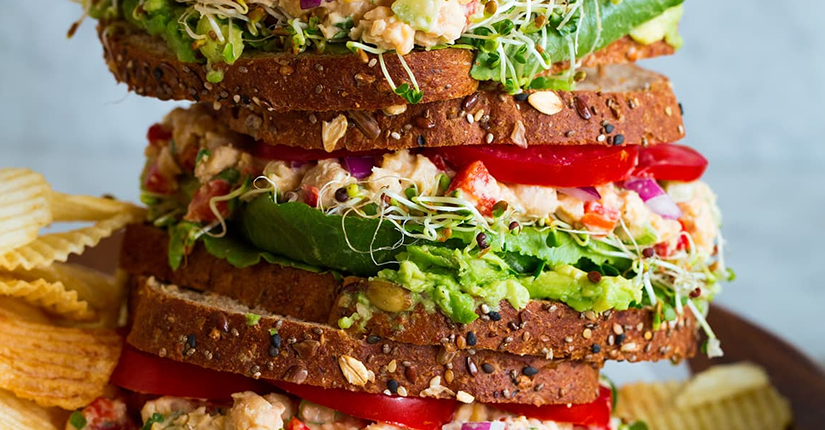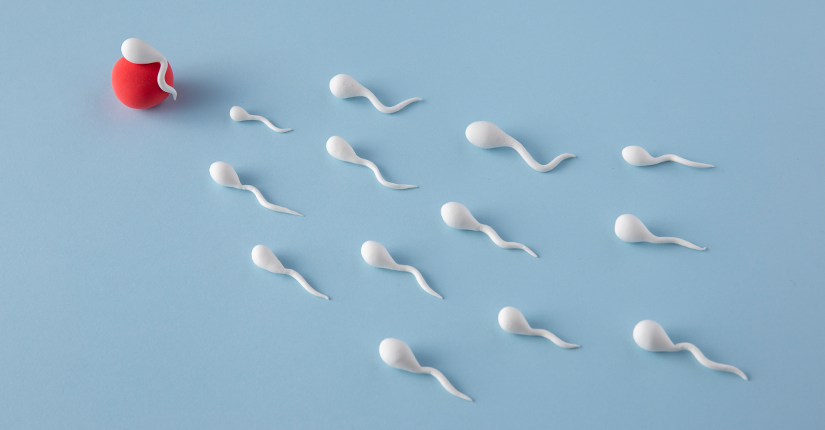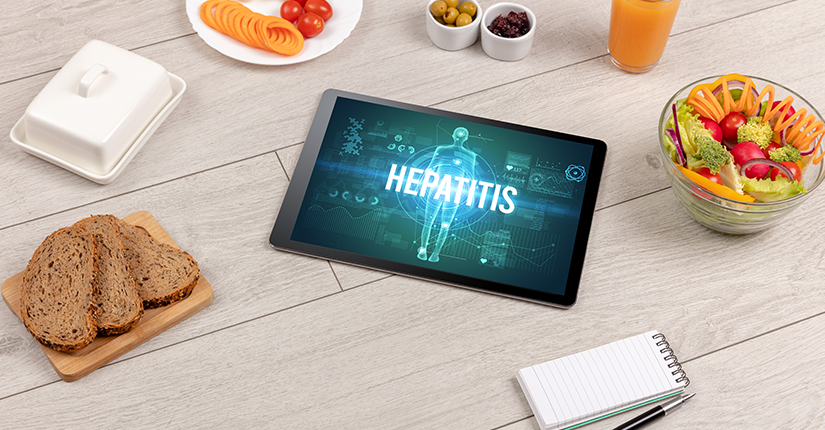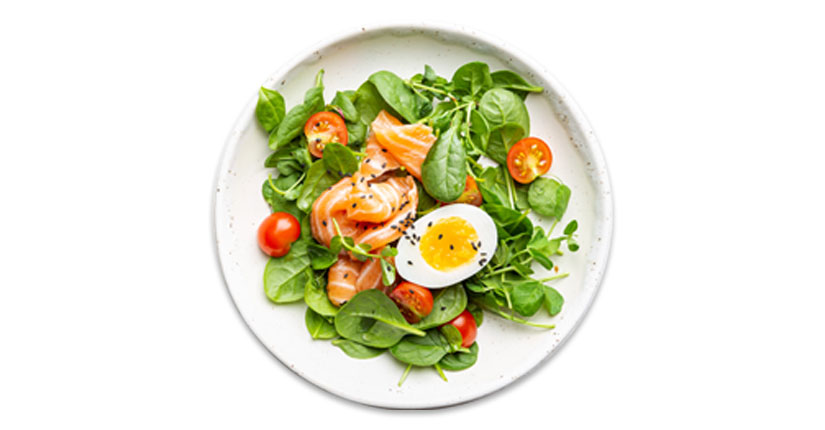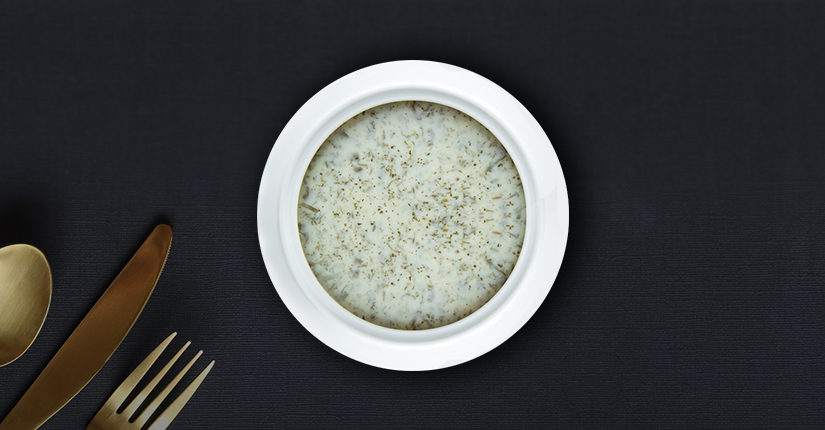5 Foods Breastfeeding Mothers Should Avoid Consuming
By Nmami Agarwal 04-Aug 2020 Reading Time: 8 Mins

It is essential for a mother to have a healthy diet as the baby’s only food few first few months is breast milk which comes from rich nutrients that pass into the blood and help build immune system of the new-born.
Some doctors warn against foods which cause flatulence or which are spicy or cruciferous vegetables like broccoli, but most babies are unaffected by these foods. Likewise, there is no reason to avoid spicy or strong-flavoured foods like onion, garlic unless the baby shows negative reaction to them.
The research shows there are some foods that increase breast milk supply. Foods like fenugreek seeds, oatmeal and others are beneficial for new mothers.
Incredibly nutritious, breast milk provides most of the nutrients that your baby needs for the first 6 months of life.
While the composition of breast milk is tightly regulated by your body, studies show that what you eat does have some effect on the contents of breast milk. Women are recommended to have a balanced, varied diet. Still, there’s a list of some foods and beverages that you may want to limit while breastfeeding.
Here are 5 foods to limit or avoid while breastfeeding:
- Fish
Though a great source of docosahexaenoic acid (DHA) and eicosapentaenoic acid (EPA) the two types of omega-3 fatty acids important for brain development in infants, yet fish and some sefood could be high in mercury which is a toxic metal. Infants and kids, who are more sensitive to mercury poisoning. Even acute exposure to high levels of mercury can permanently damage your infant’s central nervous system.As a result, they may have delays or impairments in cognition leading to a direct effect on fine motor skills, speech and language development, visual-spatial awareness. Therefore, fish that are high in mercury should be avoided while breastfeeding especially bigeye tuna, king mackerel, marlin, shark. Consuming handful of nuts would help in providing omega 3 fatty acids which fish contain.
- Herbal supplements
The use of natural Indian herbs and spices like cumin or basil to season food is considered safe during breastfeeding. However, when it comes to herbal supplements and teas, there are some concerns about safety, as there’s a lack of research in women who are breastfeedingIt’s best to speak with your doctor before trying out a supplement.
- Alcohol
According to the Centers for Disease Control and Prevention (CDC), abstaining from alcohol is the safest option during lactation period. However, an occasional drink is likely safe, as long as you’re cautious about the amount and timing. How much alcohol can cause harm to your baby depends on how much alcohol you consumed and when you consumed it. Studies show that the amount of alcohol in breast milk peaks 30–60 minutes after your last drink and alcohol can remain in your body for up to 2–3 hours as per a single serving. The more alcohol you have, the longer it can take to be cleared from your body.The CDC advises limiting alcohol to just one standard drink per day and waiting at least 2 hours after that drink to breastfeed. High levels of alcohol consumption have been shown to reduce breast milk output by 20%. Moreover, frequent, excessive alcohol intake during breastfeeding has been linked to an increased risk of disrupted sleep patterns, delay in psychomotor skills, and even cognitive delay later in life
- Caffeine
Coffee, soda, tea, and chocolate all contain caffeine and empty calories. When you consume them, some of that caffeine can end up in your breast milk and babies have a hard time breaking down and getting rid of caffeine. Also, large amounts of caffeine over time could accumulate in your baby’s system, causing irritability and disrupted sleep patterns.According to the CDC (Center for Disease Control and Prevention), mothers who are breastfeeding are allowed to consume no more than 300 mg of caffeine per day, which is equivalent to two or three cups of coffee. Not only coffee but several other energy drinks often contain added vitamins and herbs, in addition to high amounts of caffeine, women who are breastfeeding are advised to avoid these products and consult a trusted healthcare provider before consumption.
- Highly processed foods
Highly processed foods are generally low in essential nutrients and may affect your infant’s food preferences later in life, it’s advised that breastfeeding moms limit their intake of foods that are high in added sugars and processed fats. To meet the increased nutrient demands of breastfeeding, it’s incredibly important that you eat a healthy, balanced dietHighly processed foods are mostly high in calories, unhealthy fats, preservatives, flavouring agents and added sugars, yet low in fiber, vitamins, and minerals.
Over to you
Lactating mothers should be careful to keep up their nutrition levels and stay hydrated throughout the period of breastfeeding. It is not only essential for mother but the antibodies from breast milk go to the baby which further develops its immune system.


